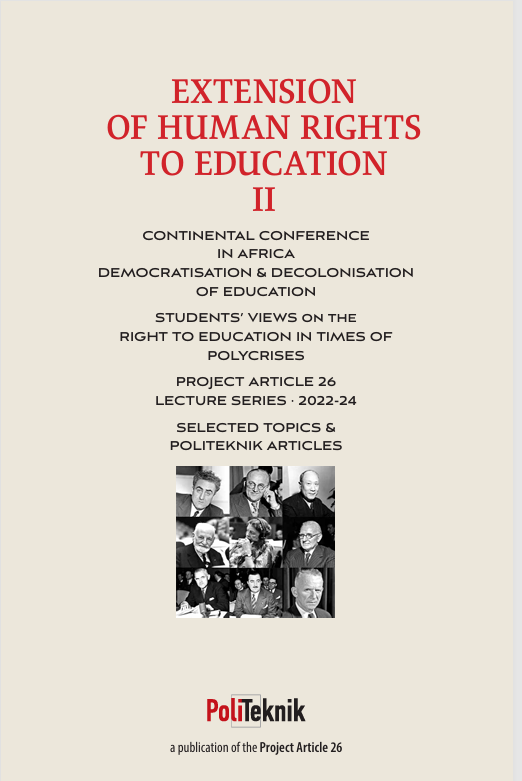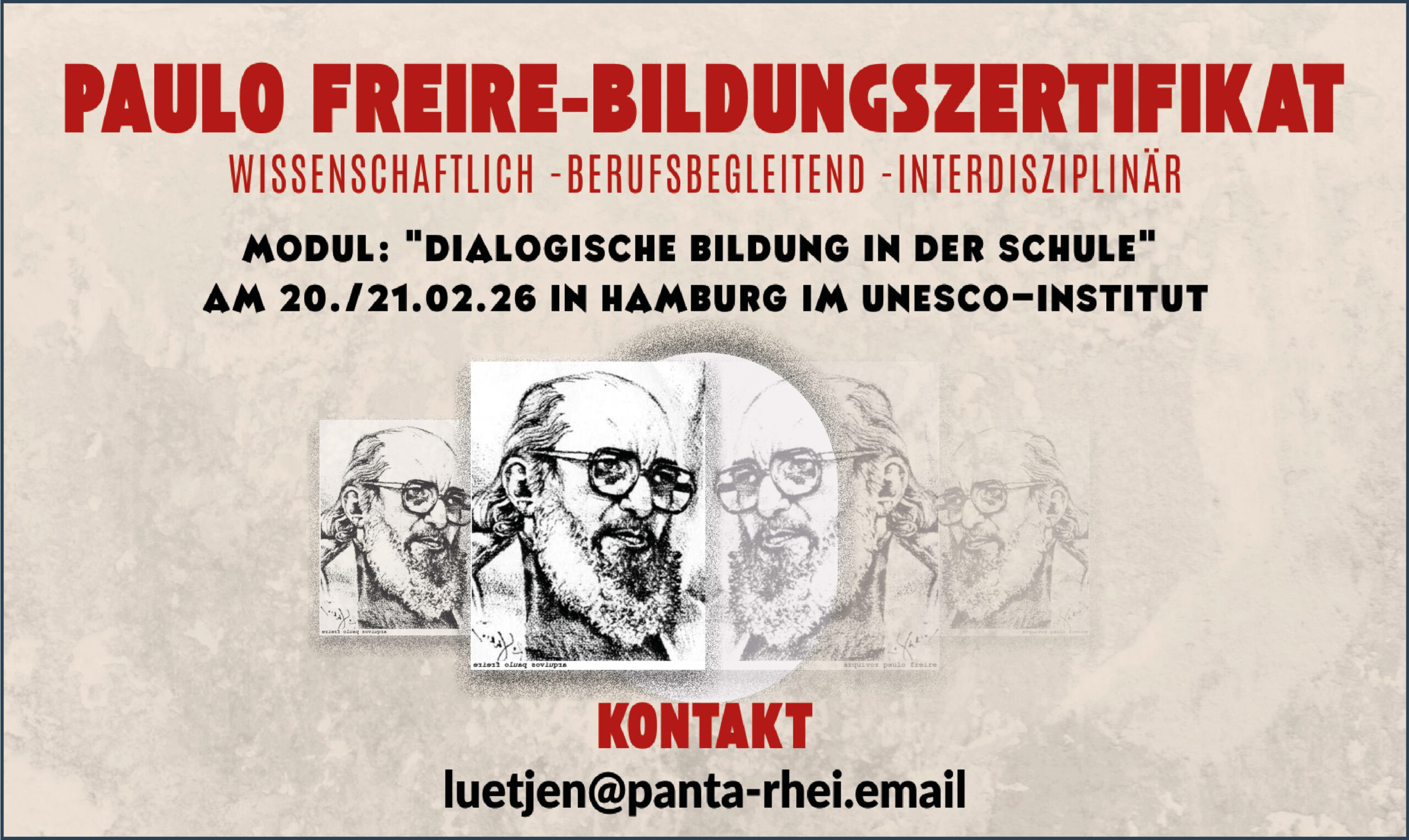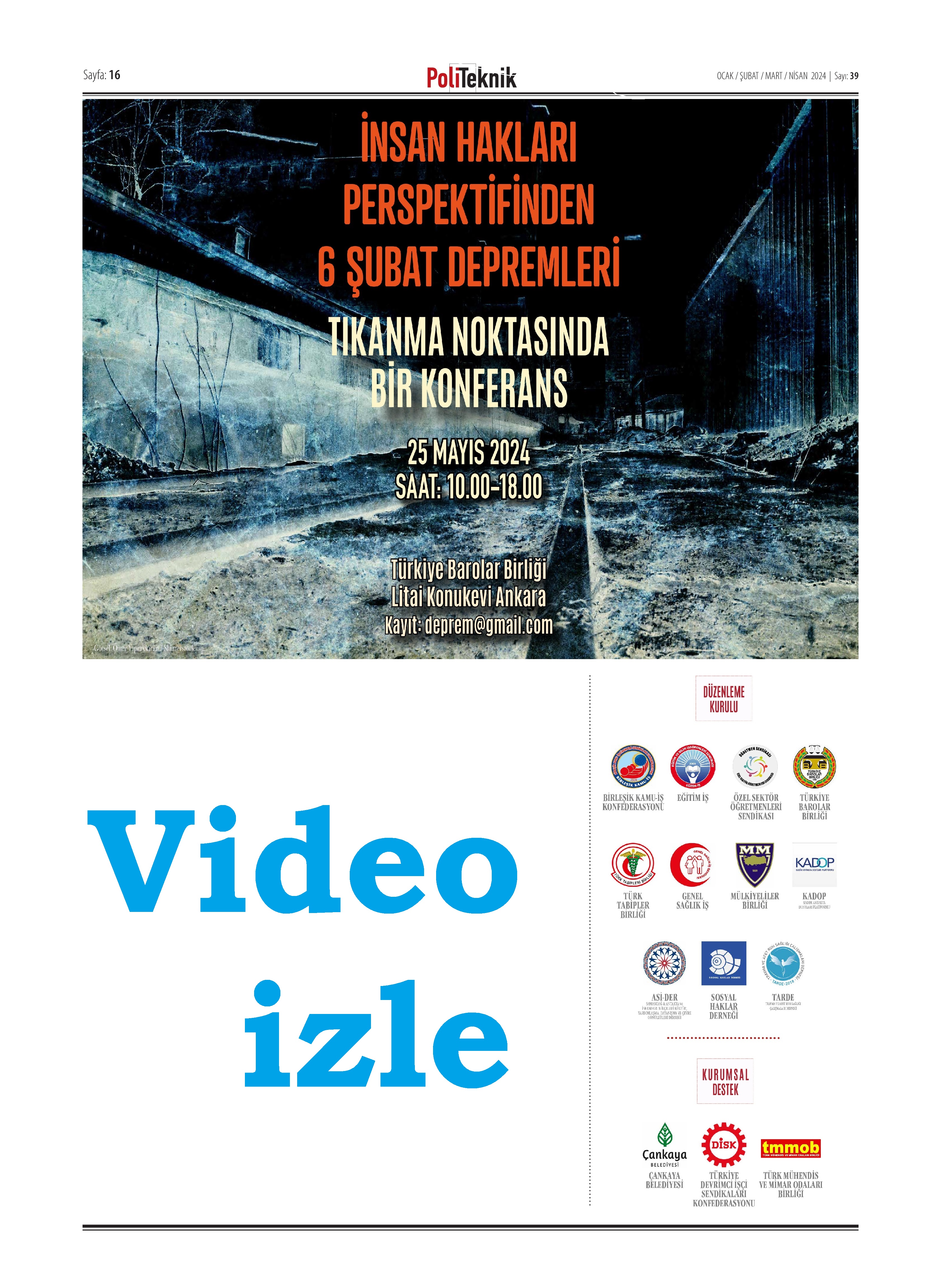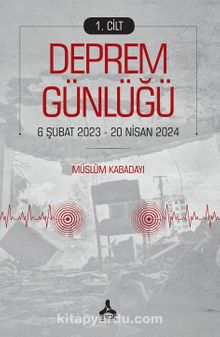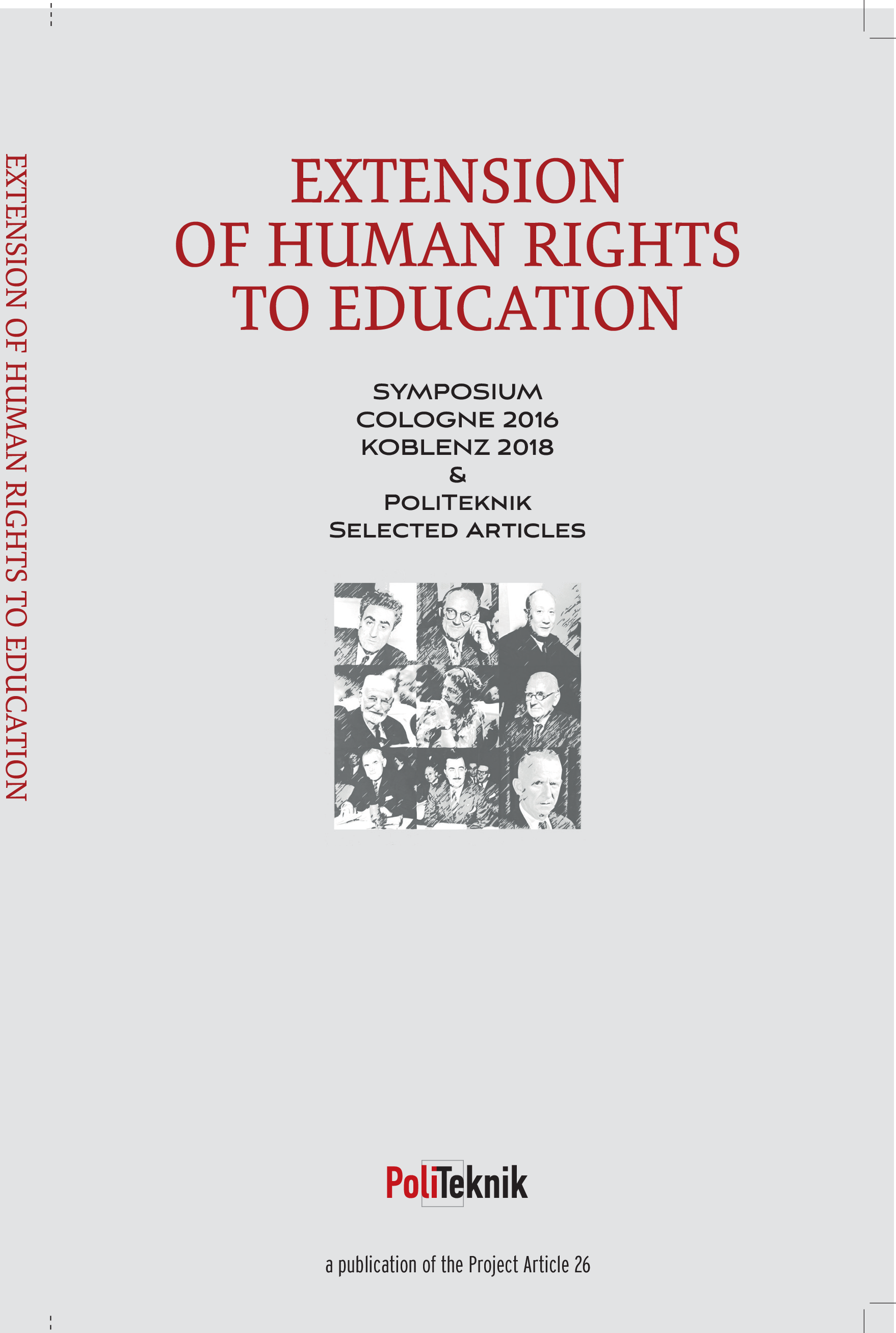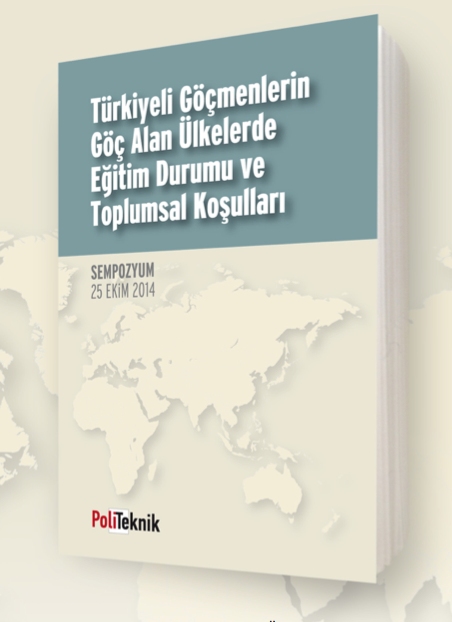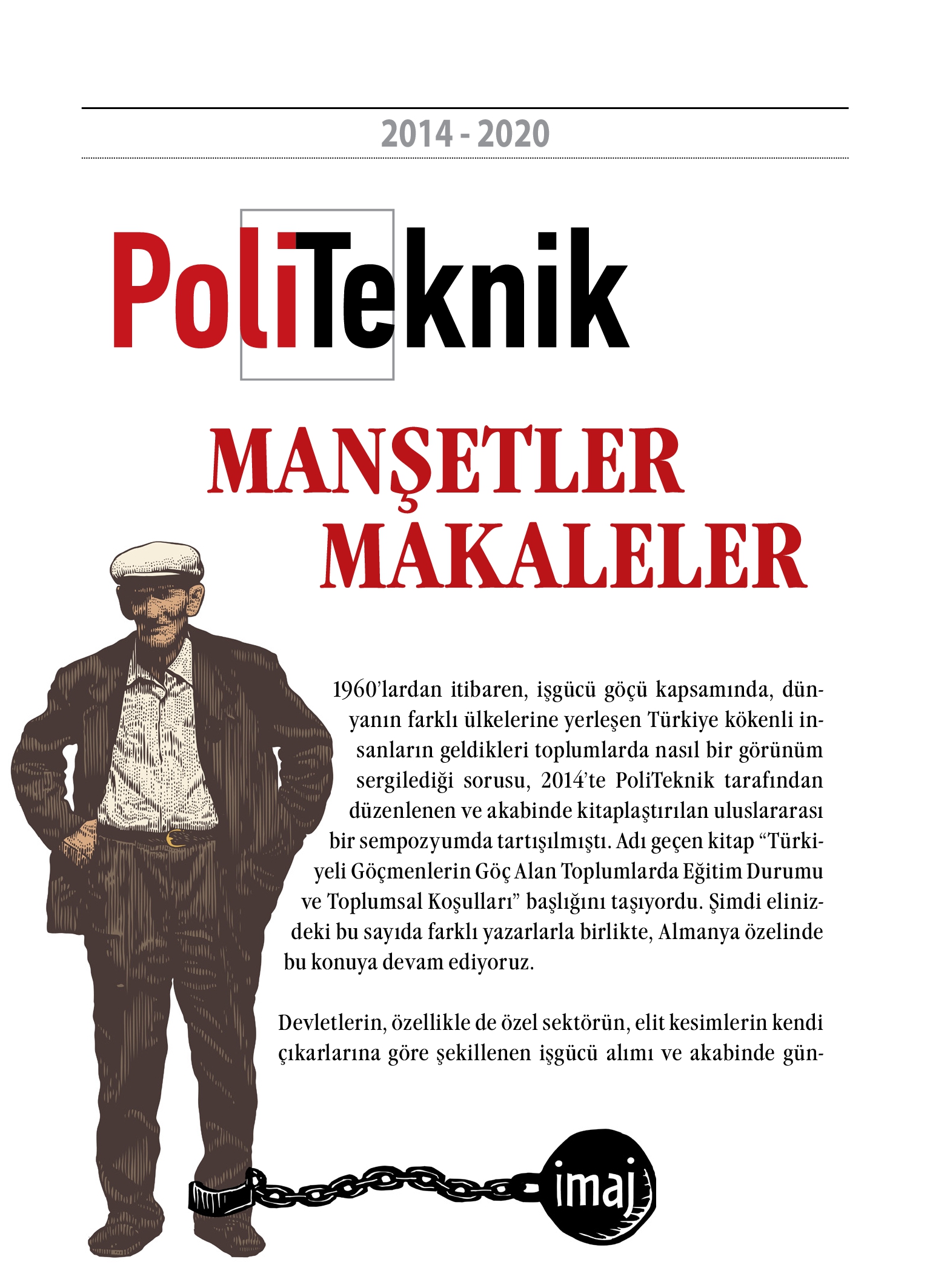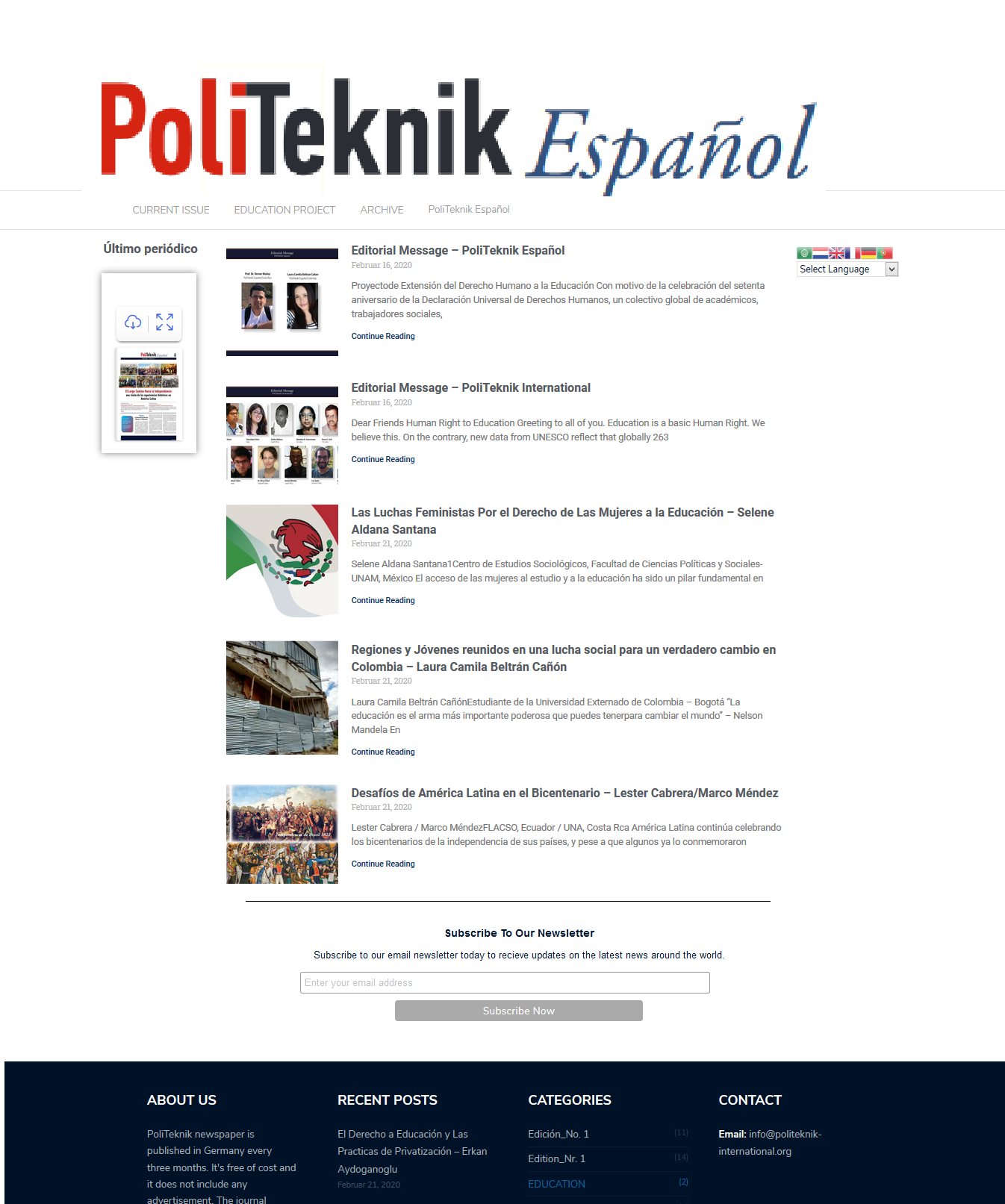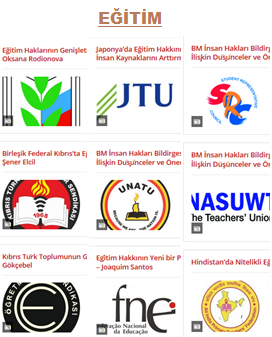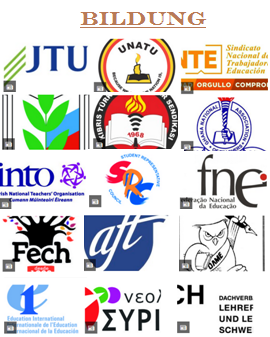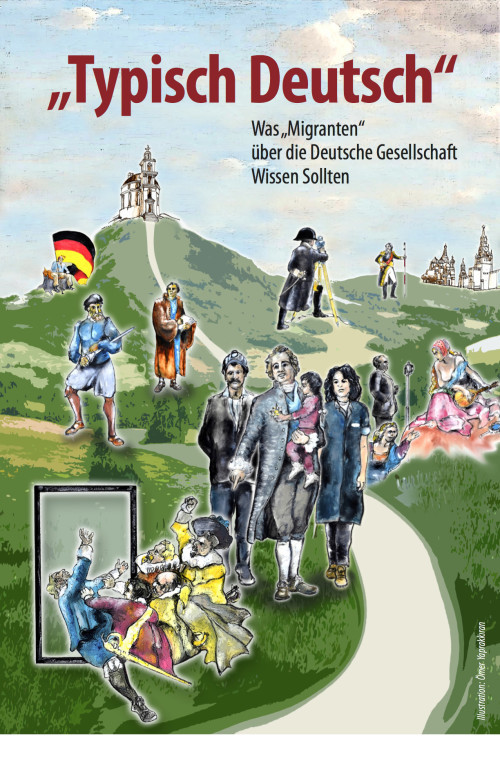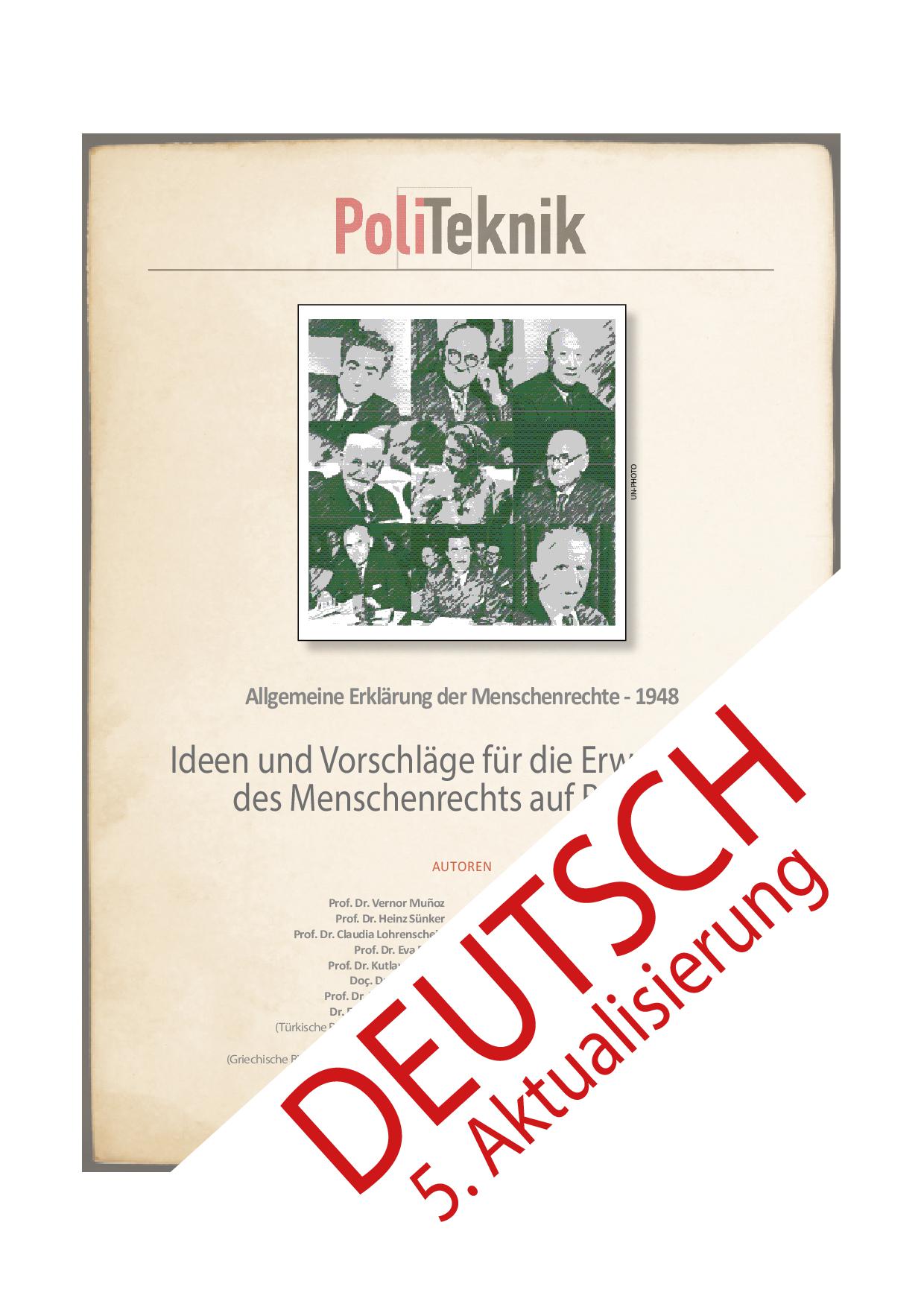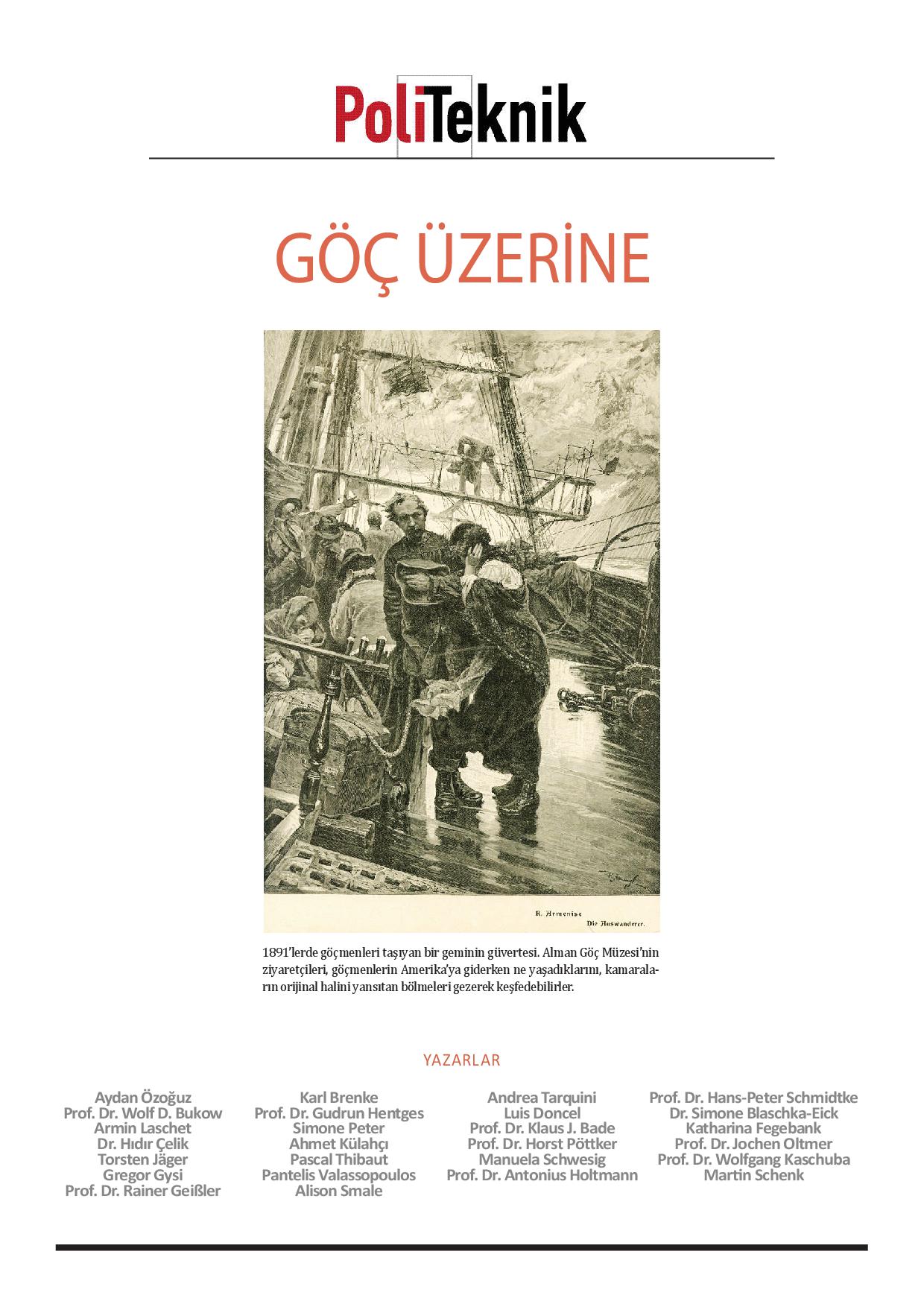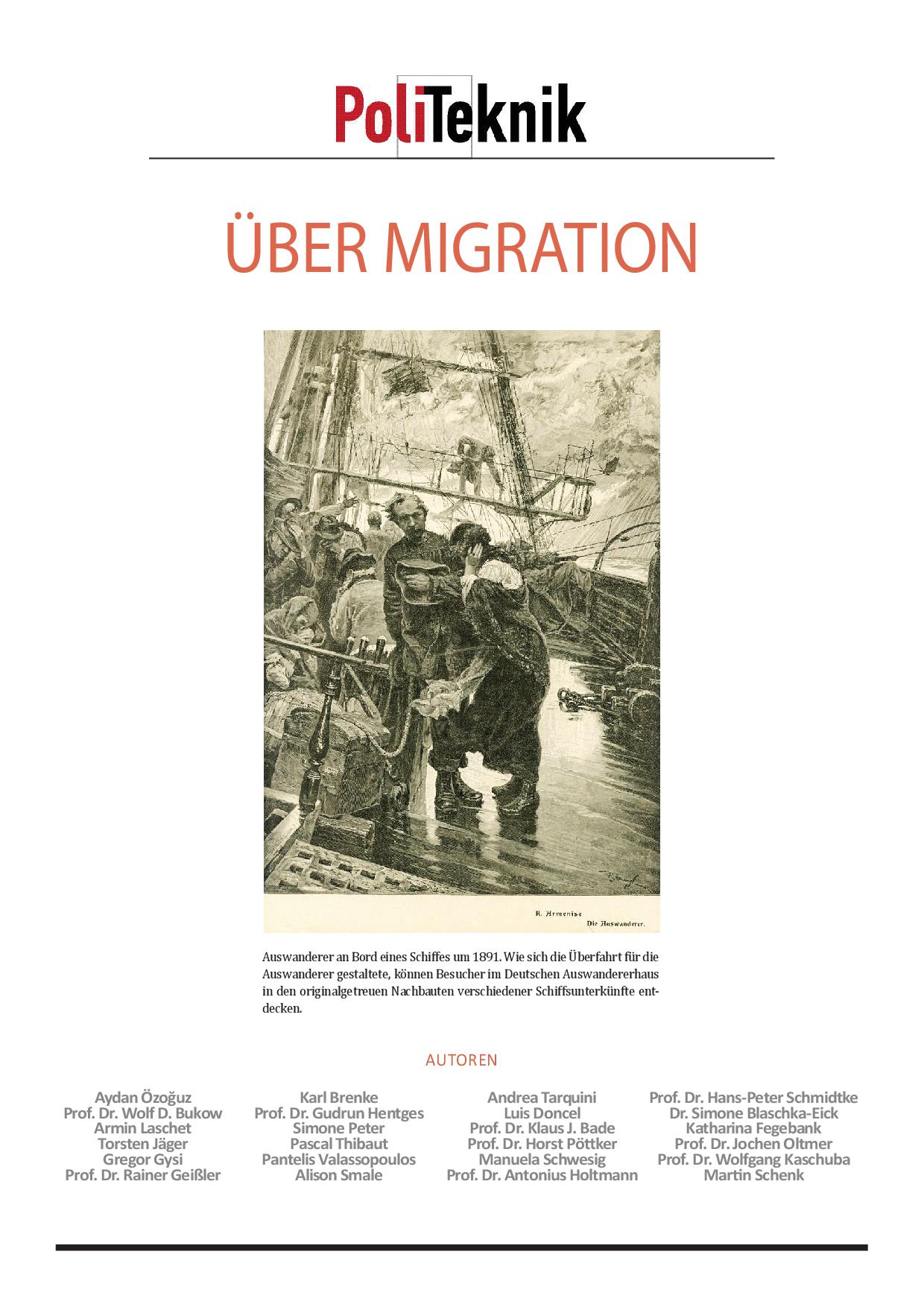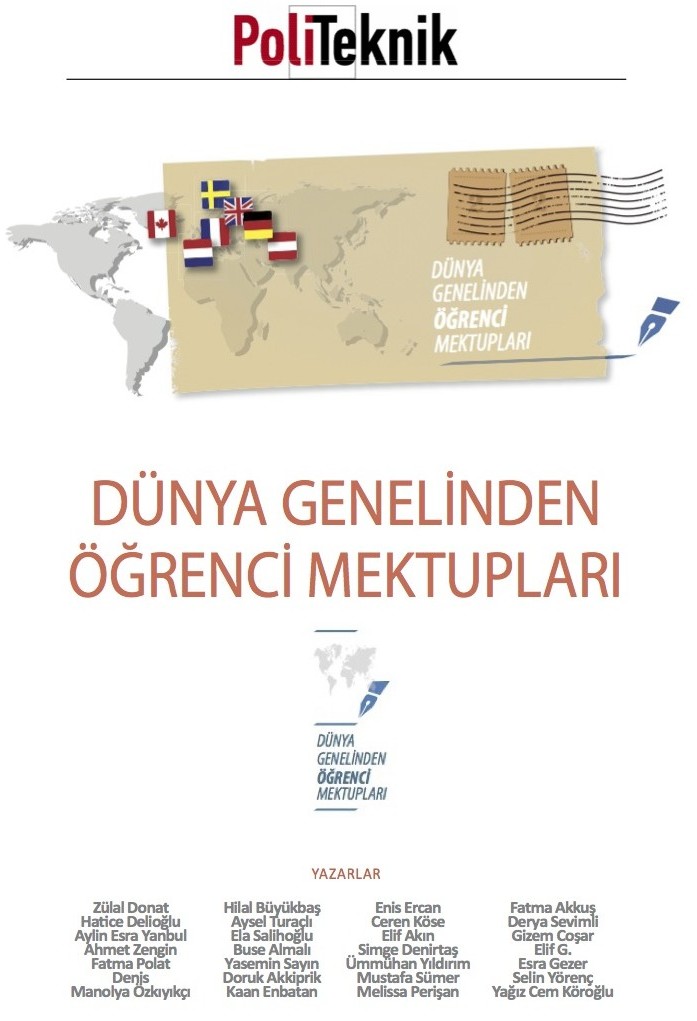Explaining the importance of higher education to European domination, Mahmood Mamdani (2017) described the colonial African university as the “original structural adjustment program”. In doing so, he drew an explicit parallel between the aims of the neoliberal political project imposed by imperialist international financial institutions under the guise of “reform” and the institutional and pedagogical policies and practices of (neo)colonial higher education: to sabotage global South sovereignty, secure global North domination of global capital accumulation and foster dependency. In both the global north and global South, the university, like other colonial-capitalist institutions, is designed to facilitate various forms of extraction and surplus value drain, discipline populations, and (re)produce raced/classed and gender social hierarchies. Yet the university is laden with contractions- it is also a place where anti-capitalist, antiracist, anti-colonial and anti-imperialist resistance and revolutionary solidarity have been articulated and organized over the years, in defiance of these aims.
I want to think about these themes in relation to university struggles in the global South as well as global north- with a particular focus on the central place of Palestinian liberation within university movements in both the US and Tunisia. My focus in this article is on the City University of New York (CUNY), the university where I currently teach, and learn and struggle together with comrades, and the University of Tunis, the university where I taught, and learned and struggled together with comrades from 2012-2017. Temporally, I will be considering university struggles from the decolonial era to the neoliberal present, considering the strategies and tactics of zionist forces within and in collaboration with the state and capital to repress, control and break down the kinds of radical solidarities that, I will argue, have the potential to expose and radically transform the entire edifice of the colonial-capitalist university and the political-economic system it serves.
Before exploring a few examples, I would like to raise are few theoretical points about the colonial capitalist university.
First, my thinking is influenced by Marxist approaches, which highlight the role of educational institutions in the socialization of students, interpolating them as docile subjects willing to accept exploitation at work as well as future life conditions. The education system is engineered “to produce (an) amenable and fragmented labour force” to meet the needs of capitalist production (Bowles and Gintis 1976). Higher education contributes to building and reinforcing the superstructure of capitalist society through the “normalisation of ideology and naturalisation of class interest inherent in dominant paradigms and knowledge claims.” Often influenced by a Gramscian take on how knowledge produced by the ruling class comes to be represented as just, moral, and mere ‘common sense’, Marxist approaches also consider the ways in which schools function to legitimate as well as exclude certain ideologies, ways of knowing and social formations. Although this is true everywhere there is capitalism, in the global South, given the value drain associated with unequal exchange, “higher education materialises as a consumable commodity that is instrumentalised to serve the interest of finance and the exploitation of labour and resources” (Raymundo and Mongaya 2020, 555).
Decolonial approaches, on the other hand, bring attention to the epistemic dimensions of the colonial-capitalist university, focusing on how they function to devalorize alternative forms of knowledge production as well as highlighting the university’s entanglements with the institutions of organized violence, including the police and military. There is also the role of the colonial-capitalist university in gentrifying neighborhoods through speculative real estate investments, leading to the displacement of particularly working class communities of color. Decolonial approaches also demand that we take into consideration the material foundations of the colonial-capitalist university, and the ways it has benefited from past and ongoing forms Indigenous land theft and dispossession as well as capital accumulated from the transatlantic slave trade.
Yet the university is also place of fierce struggle. In the belly of the beast, the anti-imperialist, anti-capitalist and decolonial struggles that shut down universities in the 1960s made connections between organizing to upend hierarchical and repressive relations on campus with other struggles including radical labor organizing as well as with Black and Puerto Rican liberation movements organizing together with surrounding communitiesfor housing, health care, against the racist police state and, with community conceptualized more broadly, in solidarity with anti-colonial movements in the global South, against US imperialism.
In the Global South, the university, like other institutions, has always held out more potential for liberatory political projects. This is especially true for the heady days of post-independence, or what Paul Tiyambe Zeleza (2009, 112), speaking specifically about the African continent, delineates as the “golden era” of the global South university from the 1950s-1970sthe period of expansion and state investment, underpinned by the triumph of “nationalism and the euphoria of independence.”
This was the era of the “guerrilla intellectual”, described by the Guyanese Marxist historian and revolutionary Walter Rodney in his book The Groundings with my Brothers (1969), on revolutionary pedagogy and praxis, as a scholar rooted in the community and whose intellectual labor is “grounded” in the needs an experiences of the masses. As Tunde Adeleke (2000, 52) explains, the relationship “is one of solidarity between the guerilla intellectual and the people against ruling class domination and exploitation.” For Rodney (2019, 67), it was through “engag[ing] in the mutual exchange of knowledge with those struggling on the ground’ that the revolutionary scholar would develop their most effective resistance to the “oppressive and exploitative systems of power.”
There are lots of reasons why the radicalism of the 1960s and 1970s lost some stamina by the 1980s. Mostly, they are reflective of underlying structural issues, particularly: the neoliberal counter-revolution and new capitalist enclosures it entailed, enabled by state violence as well as economic and social forms of co-optation which had specific iterations in both the global north and global South academy. Yet even during its ebbs, university organizing never disappeared and the past few years of combined economic, environmental, and public health crises have proved fertile ground for a resurgence of revolutionary organizing, in which Palestine liberation looms large. From protests against continuous zionist settler colonial violence and expansion, Israel’s 1982 invasion of Lebanon, along with the siege of Beirut and the Sabra and Shatila massacre, to the blockade and periodic genocidal slaughters in Gaza, and in solidarity with Palestinian political prisoners and more. Campus Palestine liberation solidarity organizing has served as a flashpoint as well microcosm of broader liberatory struggles within the university.
For example, in Tunisia, Paralleling student movements across the region, the University of Tunis became a principal locus in the 1960s of organizing in solidarity with the Palestinian anti-colonial struggle. During protests against the 1967 Palestinian Naksa, thousands of students and university workers protested in front of the British and American cultural centers in Tunis. As Moutaa Amine Al Waer (2018) explained in his work on student organizing in the Tunisian university, protestors denounced “the complicity of Anglo-American imperialism with Zionism.” Several students were arrested. Tunisian university students and workers remain committed to the Palestinian liberation struggle today.
In the US today, Palestine solidarity organizing often not only brings attention to the realities of the violence and dispossession of zionist apartheid and settler colonial rule, but also helps sharpen our analysis of and make connections between the interlocking systems of oppression that keep us from being free- the forces of racial capitalism, Zionism, US imperialism and patriarchy. From connecting the dots between the kinds of investments our universities have in corporations that benefit from death and destruction in Palestine and elsewhere across the globe to the actual material relations between the institutions of organized violence that surveil, harass and repress working class Black and Brown people on our campuses and within our communities and those used to violently repress Palestinian resistance as well as contribute to everyday forms of Palestinian dispossession and oppression.
At CUNY, students and academic workers are organizing together to build upon connections made between Palestine liberation and a host of other struggles including labor- with the push back against adjunctification and the exploitative multi-tier structure of employment of the neoliberal university; the fight to defend and expand Black and Puerto Rican and other ethnic studies programs that have been doing the heavy lifting of decolonizing the university for years; the student led struggle for free tuition and full funding for sorely needed services for our student body; as well as the fight against institutionalized racism and heteropatriarchy in its numerous manifestations.
Yet it is not surprising for those of us who see the world through a dialectical lens, that reactionary forces have been pushing back. The more organized and successful we are, the more the Zionists forces working within or together with capital and the state- try to repress us- through their numerous front organizations, political lobbying, lawfare, online harassment, threats to our employment or to defund our institutions and including sometimes threats to our physical safety. Of course, as we see with the targeting of the renowned scholar Professor Rabab Abdulhadi, it is our comrades form Palestinian, Arab, Muslim and other Black and Brown communities who most vulnerable to these kinds of targeting.
In doing so, the aim of these reactionary forces is to repress, control and break down the kinds of radical solidarities that were forged both within and on the margins of the university in the 1960s and are again a prominent feature of university life today. The reason our solidarity is such a threat to these forces is that they realize that potential we have to expose and radically transform the entire edifice of the colonial-capitalist university and the larger political-economic system it serves. This is precisely why we need to continue pushing these contradictionsorganizing and building towards the liberation of Palestine and of all oppressed people!
Bibliography
Bowles, Samuel, and Herbert Gintis. 1976. Schooling in capitalist America: Educational reform and the contradictions of economic life. New York, NY: Basic Books.
Raymundo, Sarah, and Karlo Mikhail Mongaya. 2020. In The University and Social Justice Struggles Across the Globe Edited by Choudry, Aziz, and Vally, Salim. London: Pluto Press.
Rodney, Walter. 1969. The Groundings with My Brothers. London: Bogle L’Ouverture Publications.
El Waer, Moutaa Amine. 2018. Mars 68 et le non mai 68 (March 68 and not May 68).’ Dossiers Bibliotheque Sciene Po, April. http://dossiersbibliotheque.sciencespo.fr/voir-plus-loin-que-mai-les-mouvementsetudiants-dans-le-monde-en-1968/mars-68-et-le-nonmai-68#footnote36_xx6cogd.
Zeleza, Paul Tiyambe. 2009. “African Studies and Universities Since Independence.” Transition 101: 110–135.

